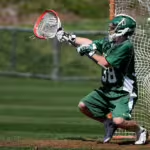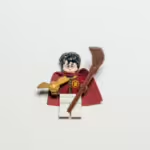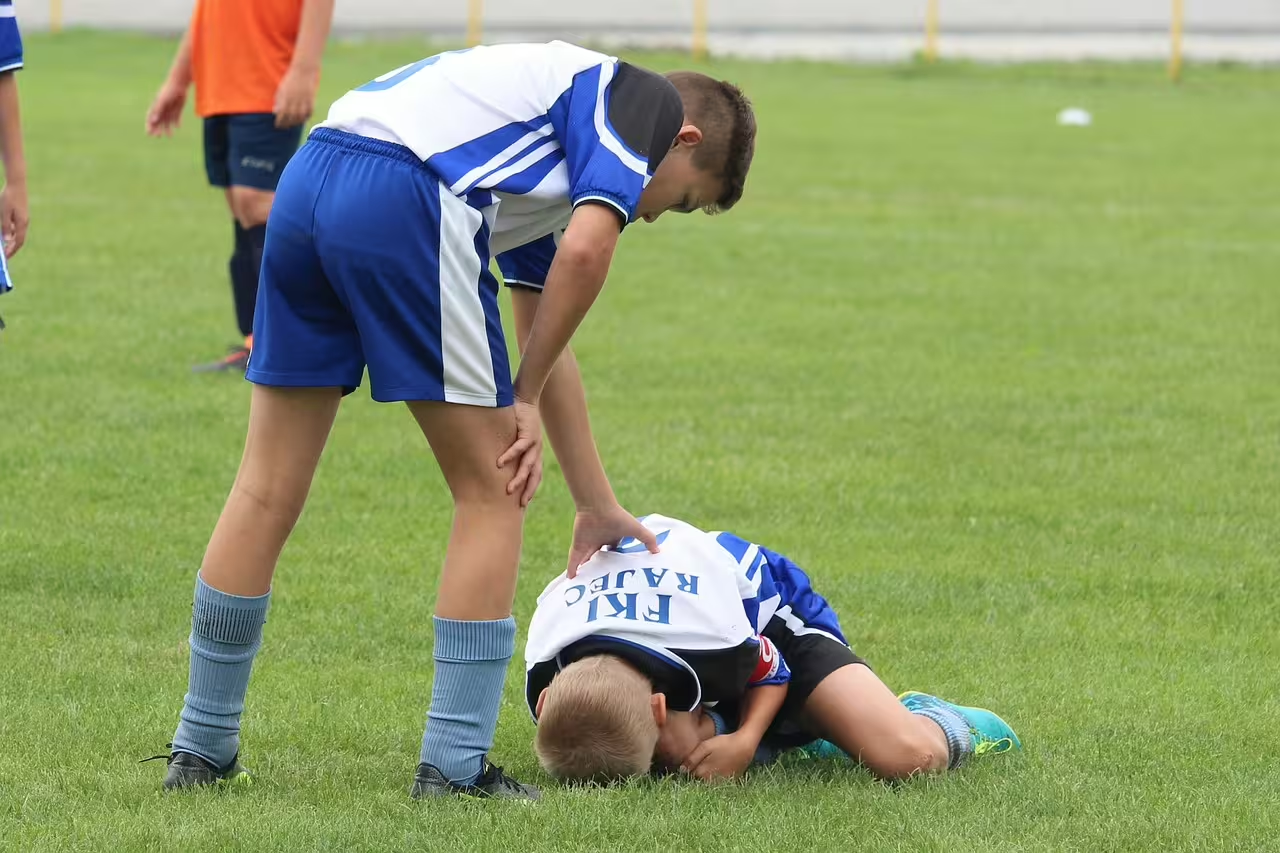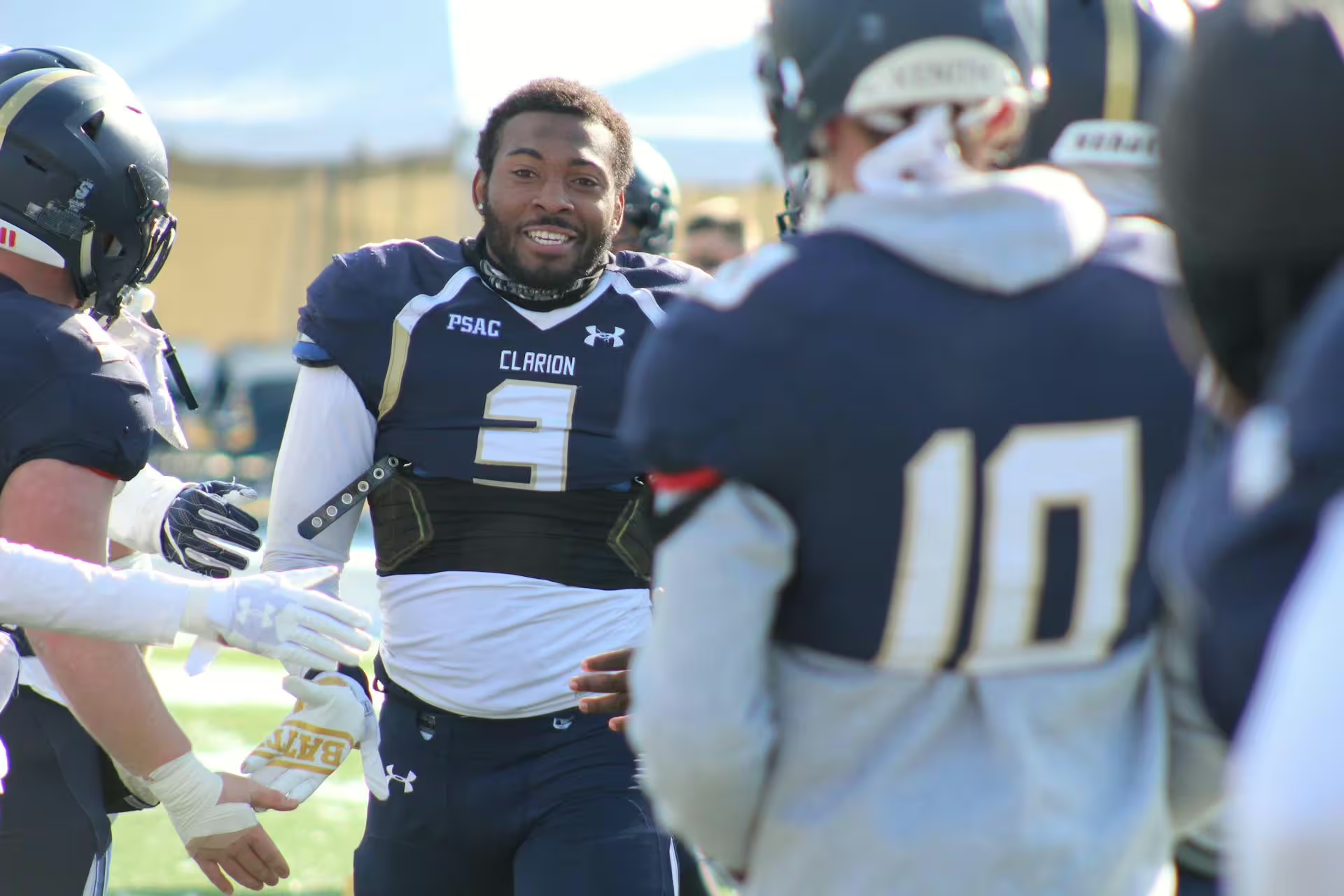At Cultured Athlete, we pride ourselves in being in touch with the latest trends and innovations as they pertain to youth sports. In addition, we have always held firm to our belief that every child deserves the chance to play, grow, and thrive through sports. This includes children with physical. intellectual, or developmental disabilities. To that end, over the past year, we have included various articles and resources for those parents who are looking to involve their children in special needs or adaptive youth sports programs.
To children with disabilities. the world of athletics can sometimes feel out of reach; the same is true of those children’s’ parents. But these individuals need not despair any longer. The inclusive nature of the modern world has since given rise to many sports programs for those with disabilities of all sorts, chief among them, the Special Olympics. Since its inception, the Special Olympics has empowered young athletes to improve their skills, bolster their self confidence, and form friendships that will last them a lifetime.
In this article, we will discuss the Special Olympics as a whole, with a particular focus on their many youth programs. We will talk about how those programs are structured, which demographics they serve, and why they matter. Finally, we will offer up some helpful tips on how parents can get involved or find a program in or near their area.
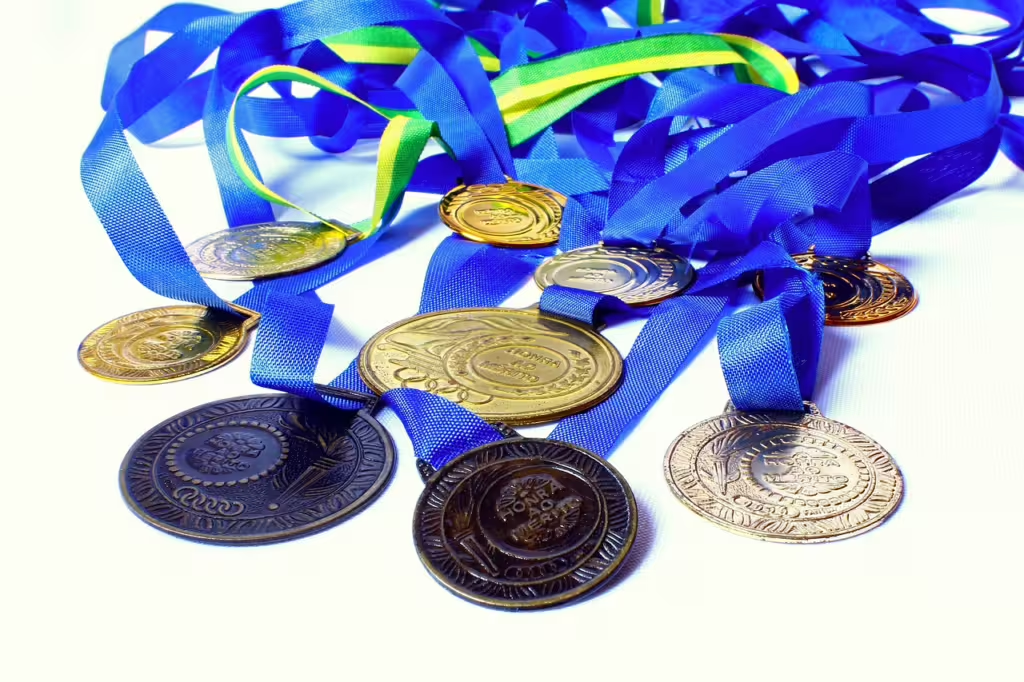
What Is The Special Olympics?
Before we go into the many youth programs available through the Special Olympics organization, we must discuss the organization itself. The noteworthy global organization known as the Special Olympics provides year-round sports training and athletic competition for children and adults with intellectual disabilities. The organization was first founded in 1968 by Eunice Kennedy Shriver, with the overarching aims of promoting inclusion, dignity, and acceptance through the power of sports.
During the course of their time with the Special Olympics, athletes of all ages and skill levels compete with one another in a variety of Olympic-style events. These events are held at local, national, and considering the Special Olympics is a worldwide enterprise, on international levels as well. As one might expect, the Special Olympics is about far more than competition, it is about creating a community among the athletes, their families, and others. It is about building confidence and enhancing one’s skills.
Today, millions of athletes participate in over 190 countries. To say that this was a successful movement is something of an understatement. Over the many decades since its inception, the Special Olympics has been dedicated to empowering individuals and celebrating their abilities for the world to see. In addition to providing the opportunity to play sports, the program also includes health, education, and leadership initiatives for all participants.
What Are Special Olympics Youth Programs?
As you might have surmised from the overall theme of this article, the Special Olympics also features a number of youth programs. These athletic initiatives have been designed specifically for children with intellectual and developmental disabilities. Children between the ages of 2 and 18 are able to take part in these myriad programs, which are generally sorted into age groups. It should be noted that the overall goal of the youth programs is not competition, but to introduce children to the joy of movement, teamwork, and competition.
Special Olympic youth programs are designed to support a child’s physical, emotional, and cognitive development, while emphasizing personal progress, inclusion, and community. Children are encouraged to play at their pace, their efforts and confidence bolstered by the presence of their peers, trained coaches, volunteers, and as always, their family and friends. There are two main groups under the auspices of the youth program, the first is meant for kids ages 2 through 7 and the second for children ages 8 to 18.
Young Athletes: Building a Foundation of Fun (Ages 2–7)
The Special Olympics Young Athletes program is designed for the very youngest of participants. Oftentimes, this program represents a child’s first introduction to structured physical activity. Designed for children with and without intellectual disabilities, the young athletes program utilizes play-based learning. The goal here is to build up the child’s foundational skills; important aspects such as balance, coordination, and social interaction. In this program, parents are encouraged to attend and even help out during play sessions. This can often help the child to feel more at ease in such an unfamiliar setting.
Unified Sports: Inclusion in Action (Ages 8–18)
Once a child has had the chance to learn the basics and build up their self-confidence, social skills, and physical prowess, they might be interested in graduating to the Unified Sports program. This part of the program is meant to take children to the next level, bringing together young athletes from all walks of life so that they can learn to play amongst one another. Those with and without IDD are often on the same teams at this stage, which in turn promotes mutual respect, teamwork, and empathy.
Interested parents should take note that these types of programs typically run in school settings, afterschool clubs, and community leagues; which means they can fit well into a child’s existing schedule. Some sports that can be included in the regimen are soccer, basketball, track and field, swimming, and more.
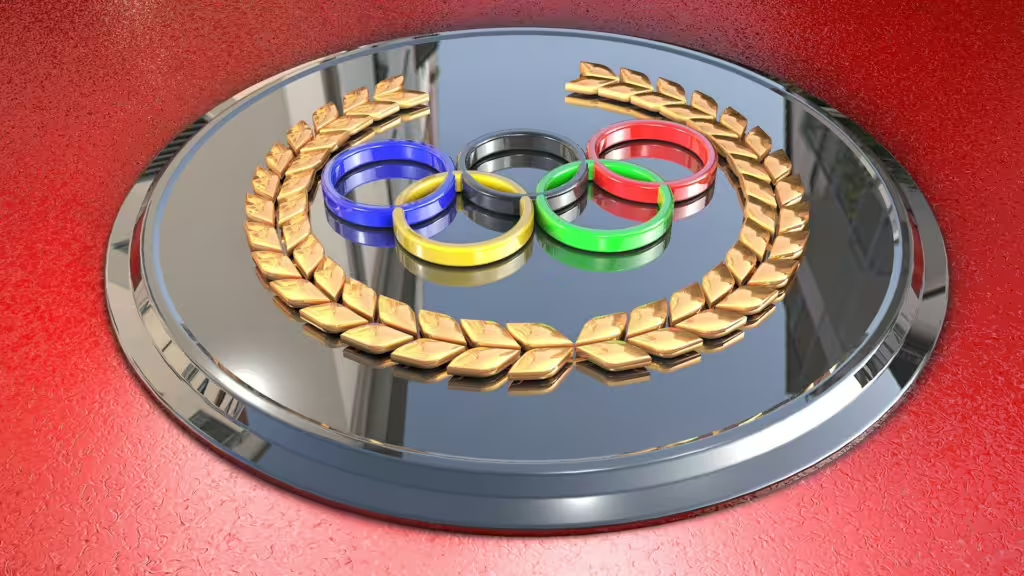
Developmental Benefits
Children who get involved in these types of programs often gain a host of developmental benefits. They gain better coordination, as well as improved physical strength and endurance. Some children who already struggle with focus, problem-solving, and goal setting might find those skills enhanced by regular play. Kids make friends playing sports and often see improved social skills as a result, learning empathy, better communication skills, and the basics of teamwork. Finally, kids who play sports with their peers will learn valuable lessons in independence and self-confidence.
How to Get Involved
Step 1: Find Your Local Program
Parents who want to get involved should first visit the official Special Olympics website. You can search by state to find your local chapter, as each state runs its own programs with specific offerings and schedules.
Step 2: Attend an Info Session
Don’t be nervous if you or your child are beginners in all this. Most of the Special Olympics youth programs offer introductory sessions for parents and caregivers. This way, they can learn what to expect together. In these sessions, you will typically meet coaches, staff, and other families who are in similar situations.
Step 3: Register and Participate
Registration is simple and often free or low-cost. Additionally, children are allowed to try multiple sports throughout the year, to learn which they like best. Please note that families are welcome to volunteer; frankly, in many ways, they are encouraged to do so.
Step 4: Stay Connected
Parents should take the time to be involved and connect with others. To that end, we recommend joining parent groups, attending events, and even exploring leadership opportunities; should time and availability allow. Many families find the relationships they build through Special Olympics become a lasting part of their lives.

Volunteer and Leadership Opportunities for Parents
Parents who want to get their children involved with Special Olympics programs needn’t simply sit on the sidelines. Parents can be more than just casual observers—they can help with coaching, chaperone events, initiate fundraising or outreach activities, mentor kids or new families, or even join a local chapter of the Special Olympics as a leader or liaison. Try and keep the whole experience in perspective though. Getting involved isn’t just about helping—it’s about becoming part of something bigger. Many a parent has found the experience of being involved with the Special Olympics quite transformative, for them, their children, and even their social circle.
The Bigger Picture: A Generation of Inclusion
Remember parents, the real power of Special Olympics youth programs isn’t just in how they change the lives of one individual—it’s in how they have helped to shape an entire generation of young people. Children who are given the chance to grow up playing, learning, and leading alongside people of all abilities, will be better equipped to deal with differences when they encounter them in their adult lives. The values they learn playing in Special Olympics youth programs can then be carried into their future and used to positively impact the lives of everyone they encounter.
Cultured Athlete Says…
As you can see, the Special Olympics represent a lifeline for so many children who would otherwise be unable to engage with organized youth sports. For parents that do want to get their child involved in such programs, resources abound. Those on the fence only need to take a moment consider the many benefits of such inclusive programs. By helping them to find a sport they can engage with, you are giving them a chance to live their sports dreams in a joyful, supportive, enriching environment.
That said, you don’t have to have a child with a disability to care about inclusion and to help invest in programs like the Special Olympics. In the end, we can all appreciate the great work and the fine people that make organizations like the Special Olympics the incredible resource it has become.
Discover more from CulturedAthlete
Subscribe to get the latest posts sent to your email.


